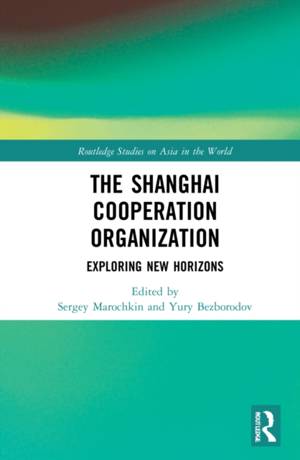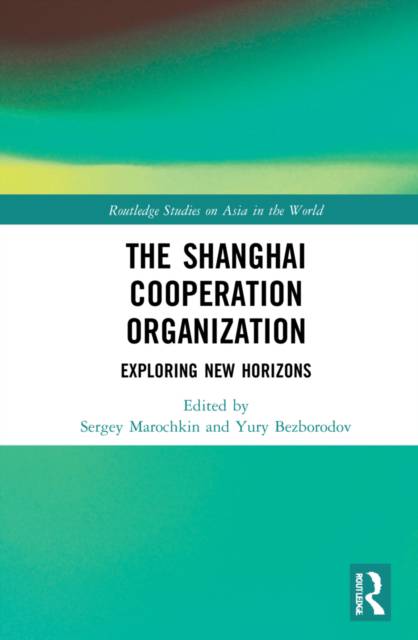
- Retrait gratuit dans votre magasin Club
- 7.000.000 titres dans notre catalogue
- Payer en toute sécurité
- Toujours un magasin près de chez vous
- Retrait gratuit dans votre magasin Club
- 7.000.0000 titres dans notre catalogue
- Payer en toute sécurité
- Toujours un magasin près de chez vous
The Shanghai Cooperation Organization
Exploring New Horizons
Description
The Shanghai Cooperation Organization (SCO) is one of the most rapidly developing centres of the multipolar world, covering an enormous landmass including China, India, Russia and its southern Eurasian neighbours.
With both its eight member states and a growing group of observer states, the SCO's activities have expanded beyond its initial focus on security and stability to broader cooperation with the UN and other groupings such as the G20, BRICS, NATO and ASEAN. Bringing together large and disparate nation-states with often rival geostrategic agendas means that it not only faces substantial structural challenges but also has great potential. The contributors to this volume, representing a range of the states within the SCO, evaluate the possibilities for the Organization, and the challenges it faces in achieving them through a prism of legal regulation. They evaluate the bloc's prospects for economic, humanitarian, legal, trade, labour, migration, and environmental cooperation, as well as its more traditional concerns with security and defence. The authors, analyzing the quality of cooperation between states within the SCO, note the controversial character of this process: it demonstrates both efficiency and declarative and decorative nature of the SCO.
A valuable read for scholars and policy-makers with a focus on Eurasian cooperation, and processes of regionalism and universalism in international relationships.
Spécifications
Parties prenantes
- Editeur:
Contenu
- Nombre de pages :
- 240
- Langue:
- Anglais
- Collection :
Caractéristiques
- EAN:
- 9780367772802
- Date de parution :
- 16-05-22
- Format:
- Livre relié
- Format numérique:
- Genaaid
- Dimensions :
- 156 mm x 234 mm
- Poids :
- 544 g

Les avis
Nous publions uniquement les avis qui respectent les conditions requises. Consultez nos conditions pour les avis.





